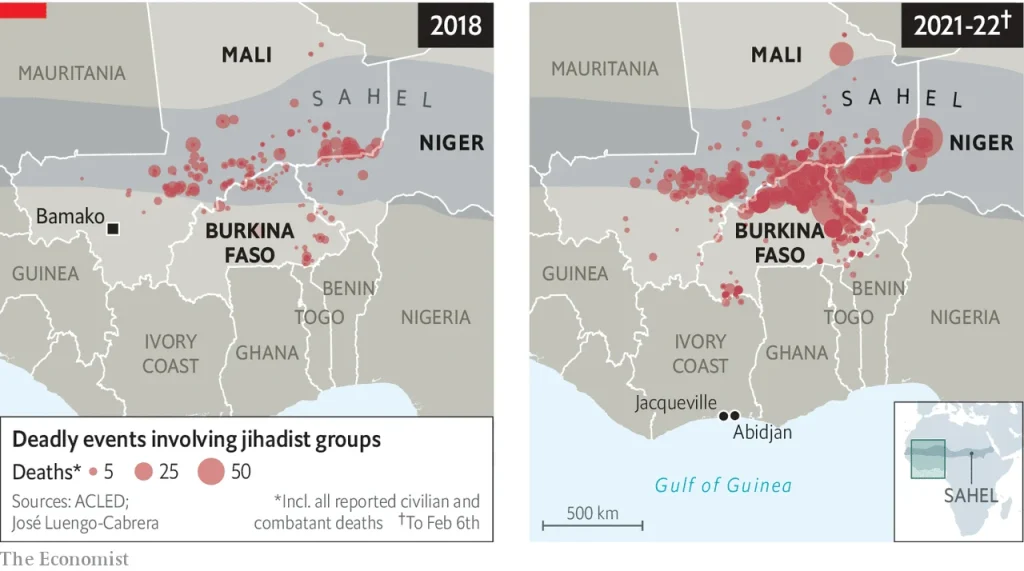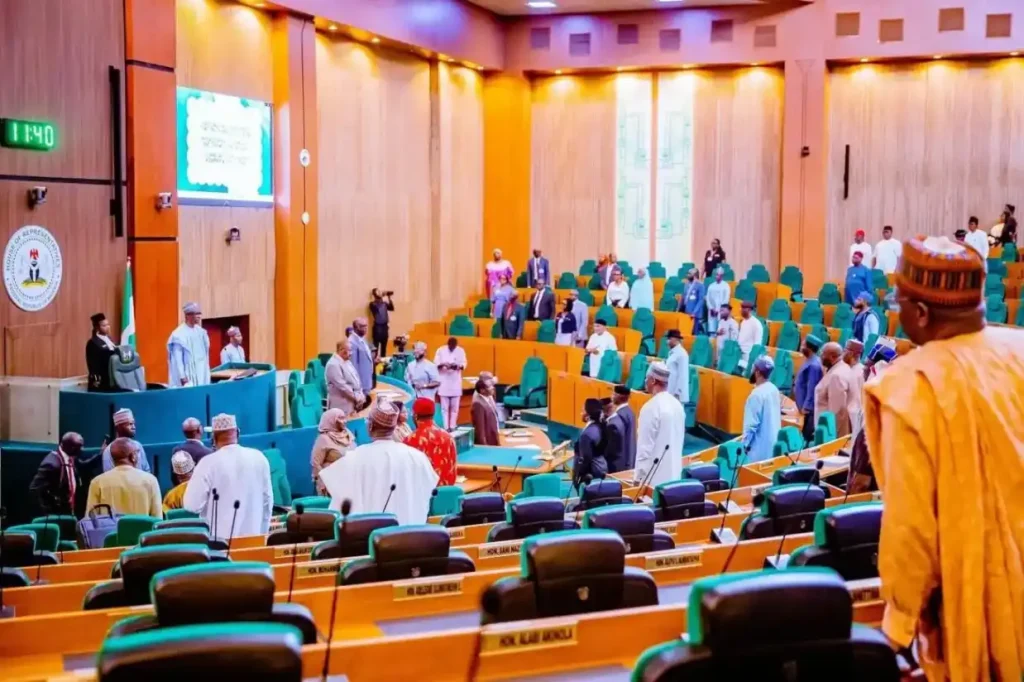The Democratic Republic of Congo (DRC), the world’s leading cobalt producer, is reassessing its four-month cobalt export ban, Mines Minister Kizito Pakabomba announced at a cobalt industry conference in Singapore on May 14, 2025.
The ban, introduced in February 2025 to address an oversupply of the critical battery metal, has significantly impacted global supply chains, and its potential extension or modification could further influence cobalt prices and the electric vehicle (EV) battery industry.
Context of the Cobalt Export Ban
In February 2025, the DRC, which accounts for approximately 74% of global cobalt production, halted all cobalt exports, including those from artisanal and industrial mines, to stabilize prices that had plummeted to a nine-year low of $10 per pound.
The decision, enforced by the Authority for the Regulation and Control of Strategic Mineral Substances’ Markets (ARECOMS) and co-signed by Minister Pakabomba, aimed to curb a supply glut driven by increased production, particularly from China’s CMOC Group, which doubled its cobalt output to 114,000 tonnes in 2024
Since the ban’s implementation, cobalt prices have rebounded by over 60% to around $16 per pound, according to Benchmark Minerals Intelligence, reflecting tightened supply.
The DRC’s strategy also includes plans for export quotas and a potential partnership with Indonesia, another major cobalt producer, to manage global supply and pricing, as stated by Prime Minister Judith Suminwa Tuluka in March 2025.
Ongoing Review and Stakeholder Talks
Minister Pakabomba, speaking at the Singapore conference, indicated that the export ban, set to expire in late June 2025, is under review but provided no specific details on potential outcomes.
He noted that the DRC is engaging with major stakeholders, including mining giants Glencore, Eurasian Resources Group (ERG), and CMOC, to determine future export policies.
Patrick Luabeya, president of ARECOMS, suggested at the same conference that stricter export curbs could follow if global stockpiles remain high, stating, “The next decision will inevitably imply a strict limitation of exports until market balance is reached.” This reflects the DRC’s intent to maintain control over cobalt supply to support prices, given persistent oversupply challenges.
Implications for Global Markets
The DRC’s cobalt export policies have far-reaching implications for the EV and electronics industries, as cobalt is a key component in lithium-ion batteries.
The ban has already prompted global players, including China, the U.S., and the EU, to explore alternative sourcing and recycling technologies, though the DRC’s dominance makes diversification challenging.
Looking Ahead
As the DRC evaluates its next steps, global markets are closely watching for signals on whether the ban will be lifted, extended, or replaced with quotas.
Minister Pakabomba’s reticence on specifics suggests ongoing deliberations, with a comprehensive market review planned to assess the ban’s impact.
The government’s collaboration with Indonesia and interest in joint ventures with Saudi Arabia and Western firms indicate a broader strategy to assert greater control over critical minerals.





















